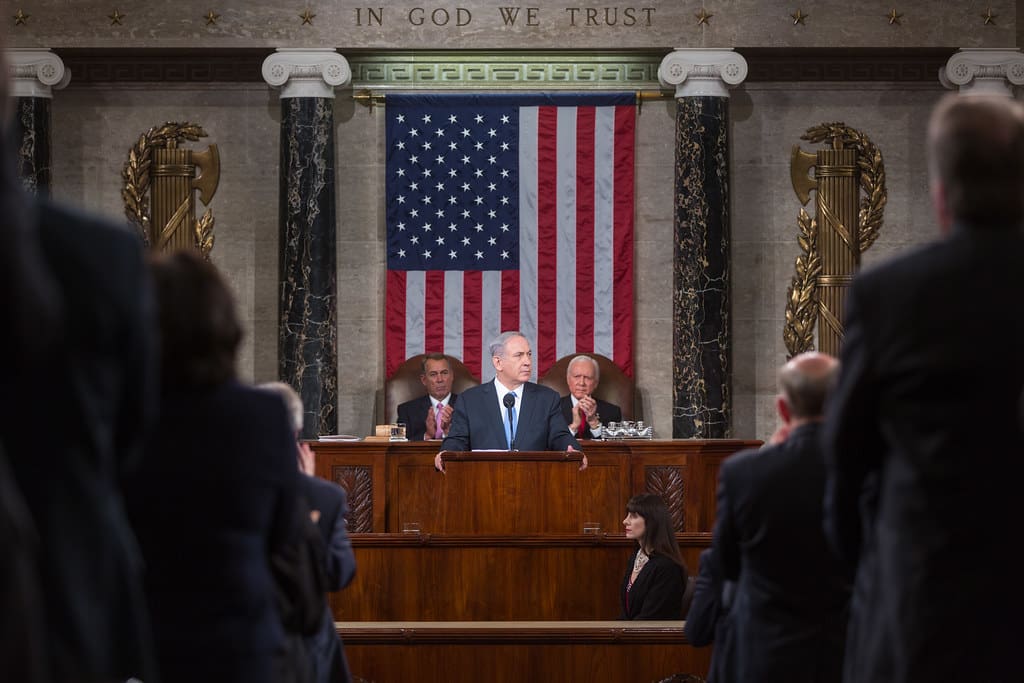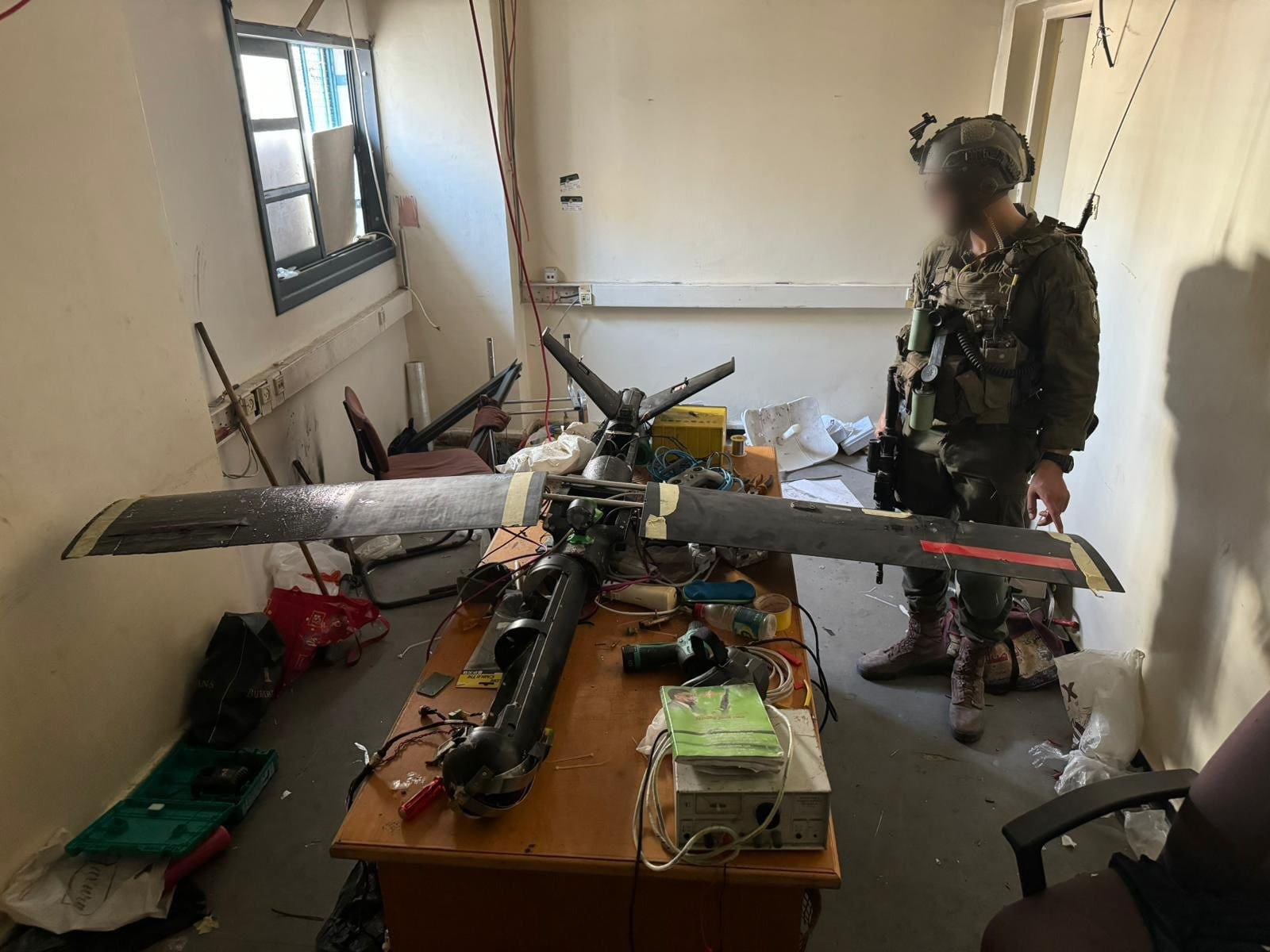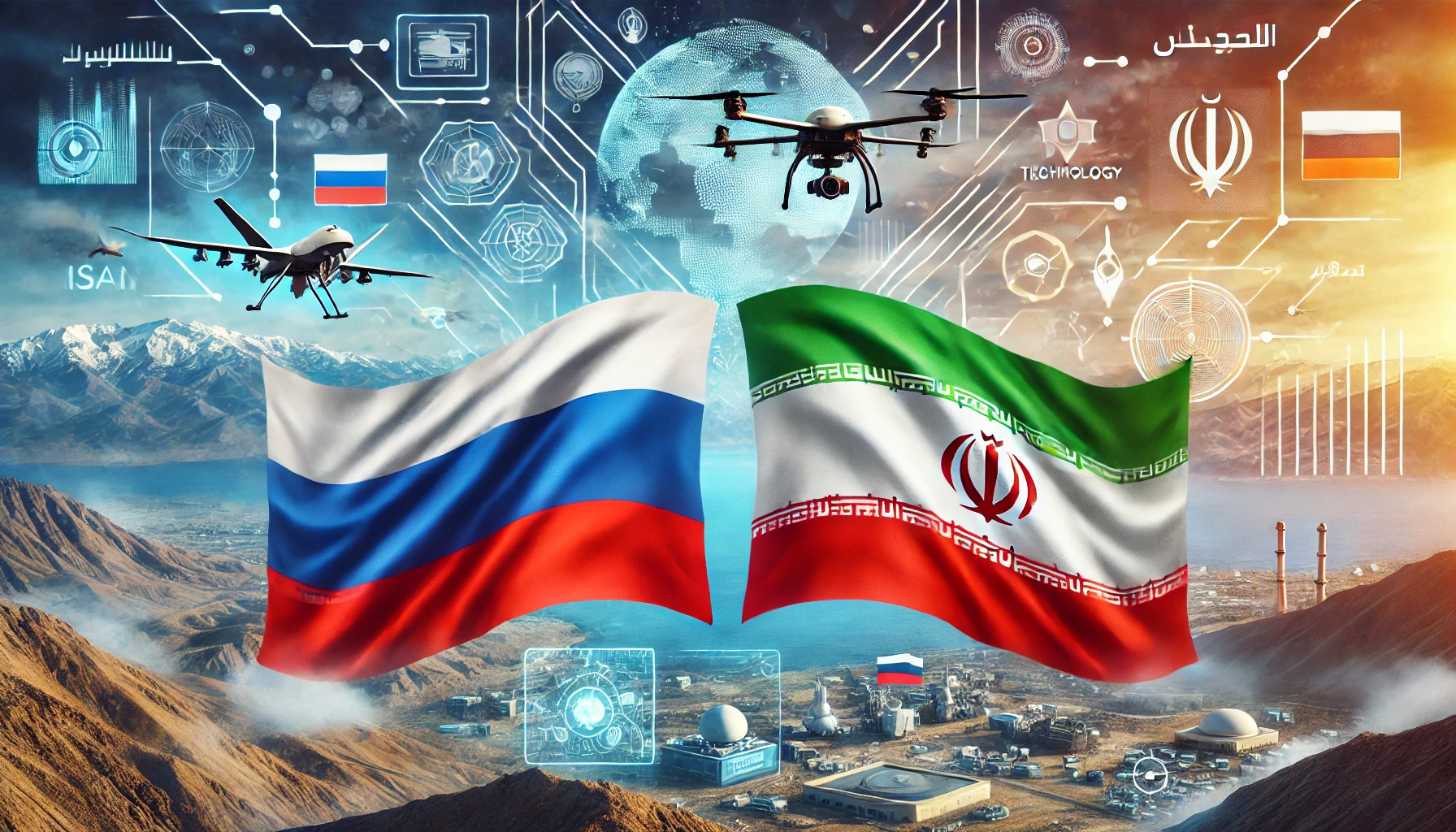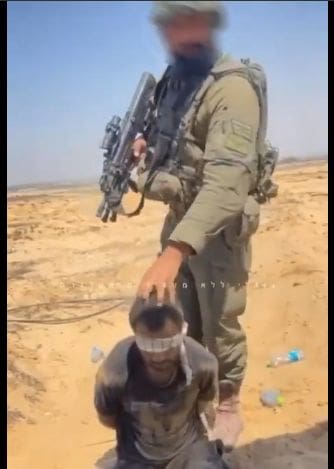The Islamic regime of Iran, particularly through the actions of its Islamic Revolutionary Guard Corps (IRGC), stands as a significant threat to global security due to its comprehensive support for terrorism. This involvement is not merely a byproduct of regional conflicts but rather a strategic component of the state’s foreign policy, reflecting an institutional commitment to exporting its revolutionary ideology. Here’s a detailed exploration of Iran’s activities that substantiate its designation as a major state sponsor of terrorism.
The Role of the IRGC in Global Terrorism
The IRGC, a pivotal force within Iran, extends beyond conventional military roles, engaging actively in the creation, support, and direction of various terrorist groups worldwide. This extensive network is not limited to operational support but includes financial aid, training, weapons supply, and strategic guidance, aiming to further Iran’s ideological and geopolitical interests.
Support for Proxies and Terrorist Organizations
Key beneficiaries of IRGC’s support include well-known terrorist organizations such as Hezbollah, Hamas, Palestinian Islamic Jihad, and the Houthis in Yemen. These groups have been instrumental in executing deadly attacks that have jeopardized civilian lives across the Middle East and beyond, thereby destabilizing the region and escalating conflicts.
Historical Context and Designation
Since 1984, the United States has labeled Iran as a state sponsor of terrorism, a status that reflects decades of Iranian involvement in high-profile terrorist activities like the 1983 Beirut barracks bombing and the 1984 U.S. embassy annex attack. These incidents exemplify Iran’s longstanding use of terrorism as a strategic tool.
The Quds Force and Qasem Soleimani’s Legacy
Under the leadership of Qasem Soleimani, the Quds Force, an elite unit of the IRGC, has orchestrated Iran’s global terror campaign. This unit’s operations have had deadly outcomes, including the loss of over 600 American soldiers in Iraq, underlining the direct impacts of Iran’s terrorist affiliations on global security.
Implications of the Iran Nuclear Deal
The acceleration of Iran’s malign activities, particularly under the auspices of the Iran nuclear deal, highlights the regime’s continued commitment to terrorism as a tool of statecraft. This approach is primarily aimed at destabilizing the Middle East, undermining U.S. interests, and promoting the Islamic Revolution.
The evidence overwhelmingly demonstrates that the Islamic regime in Iran, especially through the IRGC and its associated proxies, poses a grave threat to international peace and security. Iran’s strategic use of terrorism not only endangers lives but also challenges global efforts to promote stability and peace. Recognizing and addressing this threat is crucial for ensuring the safety and security of nations worldwide, particularly those directly impacted by Iran’s terror network.
As we continue to monitor and counter these activities, the international community must remain vigilant and cohesive in its efforts to curb the influence of state-sponsored terrorism.







